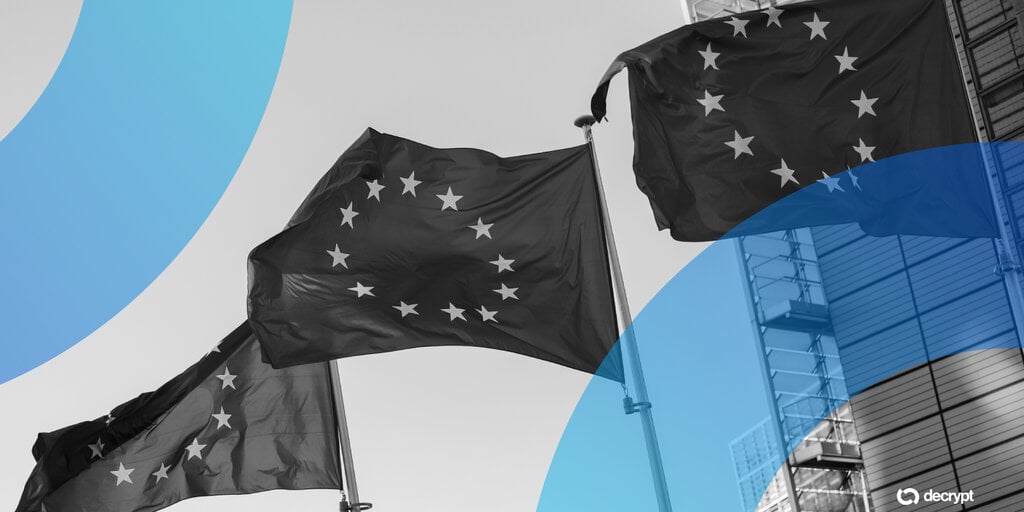
The global financial industry is buzzing with discussions around tokenization, a revolutionary technology that is set to redefine market structures. Tokenization, which digitally represents financial instruments on distributed ledgers, is growing rapidly, but European regulators are emphasizing the need for careful frameworks to ensure investor protection and market stability.
What is Tokenization?
Tokenization involves converting real-world financial assets, such as stocks or bonds, into digital tokens on blockchain networks. These tokens provide faster transactions, improved transparency, and enhanced liquidity for financial markets, making them a hot topic among investors and institutions.
EU Leading the Way in Tokenization
Europe is emerging as a global leader in tokenized fixed-income markets, contributing to over 50% of the global issuance in 2024. This includes advancements like Germany’s pilot digital bonds, France’s Societe Generale issuing security tokens in 2019, and the European Investment Bank (EIB) launching digital bonds on Luxembourg’s Stock Exchange in 2022.
As of now, the global tokenized assets market is valued at $600 billion, with experts predicting continued growth. However, with innovation comes risks, and regulators warn that safeguards must evolve to protect investors in these nascent markets.
Why Are Safeguards Critical?
Despite the promise of tokenization, certain risks need addressing. Natasha Cazenave, the executive director of the European Securities and Markets Authority (ESMA), highlighted that tokenized equities structured as synthetic claims rather than direct shareholdings could mislead investors. This makes clear regulations and communication essential for trust and credibility.
The EU’s Distributed Ledger Technology (DLT) Pilot Regime provides a controlled environment for market participants and supervisors to test innovations. By evaluating and amending existing frameworks, regulators are ensuring that technological advancements align with investor protection measures.
Global Adoption of Tokenized Assets
While Europe takes the lead, other countries are advancing rapidly in this area. In the U.S., tokenized money market funds are gaining traction, with assets under management exceeding $7 billion. Tech giants are also entering the space, with Google debuting an institutional-grade ledger that supports real-time settlement for tokenized assets.
However, challenges persist. Initiatives like Robinhood’s “tokenized stock” offerings have resulted in controversy, with companies like SpaceX and OpenAI distancing themselves from these products and raising questions about the authenticity of such equities.
The Future of Tokenization
Tokenization is undoubtedly a game-changer for financial markets, but its successful adoption hinges on balancing innovation with regulation. By fostering partnerships between regulators and businesses, the financial world can harness the potential of digital assets while minimizing risks.
For those interested in exploring decentralized finance (DeFi), we recommend Ledger Nano X, a hardware wallet designed for securely storing and managing digital assets. Its robust security features make it an excellent choice for safeguarding your tokenized investments.





